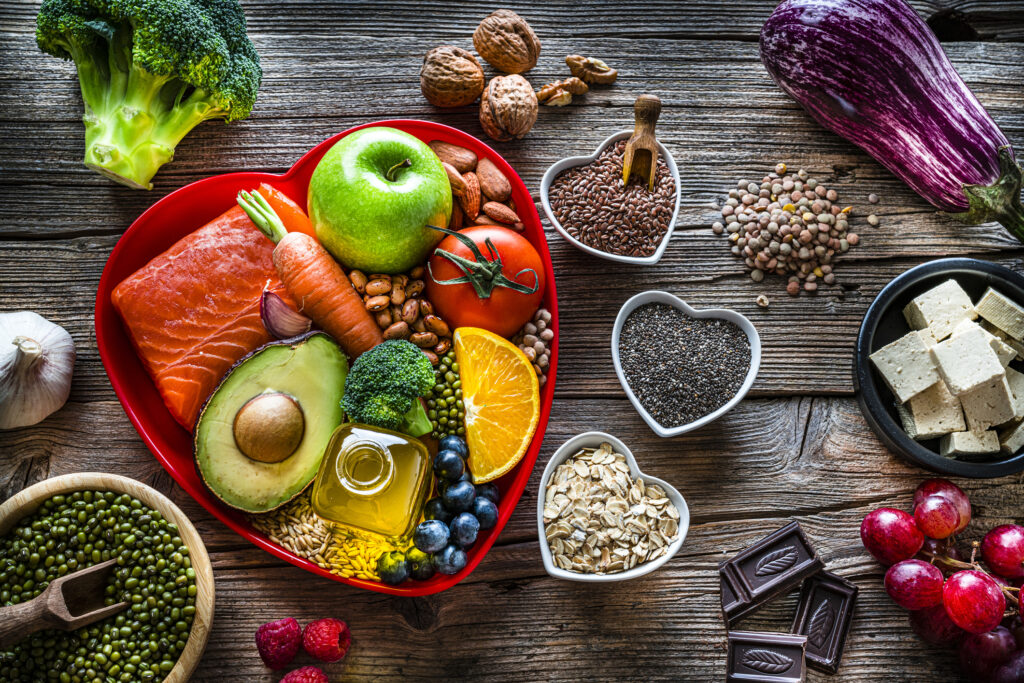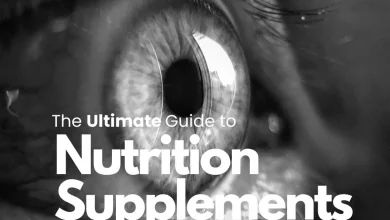As a structural component of cell membranes and a precursor for essential hormones and vitamin D, cholesterol plays a critical role in our bodies. On the other hand, an imbalance in cholesterol levels can be harmful to human health, especially in terms of heart disease. A person’s diet has a big impact on their cholesterol levels, and some items might cause unfavorable alterations. Let’s look more closely at some foods that the best cardiologist in Karachi advises you to stay away from to keep your cholesterol levels in their ideal range and your general health.
1- Saturated and Trans Fats
Red meat, dairy products with all the fat, and chicken with the skin are just a few examples of animal-based foods that are high in saturated fats. Contrarily, trans fats are synthetic fats that are frequently added to processed and fast foods to improve flavor and lengthen shelf life. Both kinds of lipids have the potential to considerably increase levels of LDL (low-density lipoprotein), also referred to as “bad” cholesterol, while lowering HDL (high-density lipoprotein), or “good” cholesterol. This unfavorable shift in cholesterol balance can increase the risk of atherosclerosis, a condition characterized by the buildup of plaque in the arteries. Limiting the consumption of foods high in saturated and trans fats is essential for maintaining healthy cholesterol levels.
2- Fried Foods
French fries, fried chicken, and doughnuts are just a few examples of fried meals that are high in harmful fats and calories. Typically, oils with lots of saturated or trans fats are used to make these items, which intensifies their detrimental effects on cholesterol levels. Additionally, high-temperature frying might result in the production of dangerous substances known as acrylamides, which can further deteriorate your cardiovascular health. Consider healthy cooking techniques like baking, grilling, steaming, or air frying to limit your intake of fried meals and safeguard your heart.
3- Processed Meats
The convenience of processed meats like bacon, sausage, and deli meats comes at the expense of your cholesterol levels. They frequently have high sodium, saturated fat, and preservative content. Saturated fats and sodium together have been linked to higher LDL cholesterol levels and a higher risk of heart disease. Reduce your intake of processed meats and choose lean protein sources like poultry, fish, or plant-based alternatives to protect your heart health.
4- Sugary Foods and Beverages
Obesity is frequently associated with excessive sugar consumption, and this association may indirectly affect cholesterol levels. Sugary meals and drinks, including soda, candies, pastries, and even some breakfast cereals, can cause weight gain, which in turn can have an impact on cholesterol levels. A high-sugar diet may also reduce HDL cholesterol’s capacity to effectively remove excess cholesterol from the bloodstream. Reduce your sugar intake and pick whole, unprocessed meals wherever you can to support good cholesterol levels.
5- Full-Fat Dairy Products
Although delicious, dairy products like whole milk, butter, and cheese frequently have high quantities of saturated fat. The risk of heart disease may rise as a result of these saturated fats raising LDL cholesterol levels. If you enjoy dairy products, you might choose to convert to low-fat or fat-free varieties such as skim milk, Greek yogurt, or low-fat cheese. These substitutes provide the same essential nutrients without adding additional saturated fat.
6- Refined Grains
White bread, white rice, and many cereals are examples of refined grains that have had their bran and germ components removed through intensive processing. This process depletes the body of essential nutrients and fiber, resulting in sharp blood sugar increases and weight gain. Furthermore, refined grains may lower HDL cholesterol levels, which is counterproductive to heart health. Give nutritious grains like whole wheat, brown rice, quinoa, and oats a priority in your diet to support your cholesterol levels. While encouraging stable blood sugar levels, these whole grains provide more fiber and minerals.
7- Fast Food and Convenience Foods
Saturated fats, trans fats, salt, and excessive calories are among the unhealthiest elements in fast food and convenience foods. These foods often have high cholesterol-raising ingredients but minimal nutritional value. Fast food and convenience food use on a regular basis can cause chronic health problems, such as excessive cholesterol. Limit your consumption of these easy but unhealthy options and concentrate on making home-cooked meals with fresh, whole ingredients to lower your cholesterol and enhance your overall health.
For treatment of any heart-related disease, you can consult any cardiologist at Imam Clinic.
Conclusion
Reducing the risk of heart disease and enhancing general well-being requires maintaining good cholesterol levels. You can effectively manage your cholesterol levels by avoiding foods high in saturated and trans fats, fried foods, processed meats, sugary meals, full-fat dairy products, refined cereals, and fast food. Focus on a balanced diet instead, one that is high in whole grains, lean meats, fruits, vegetables, and healthy fats like those in nuts, seeds, and fatty fish. Making wise food decisions can support a heart-healthy lifestyle and help you control your cholesterol levels, resulting in a longer, healthier life.




